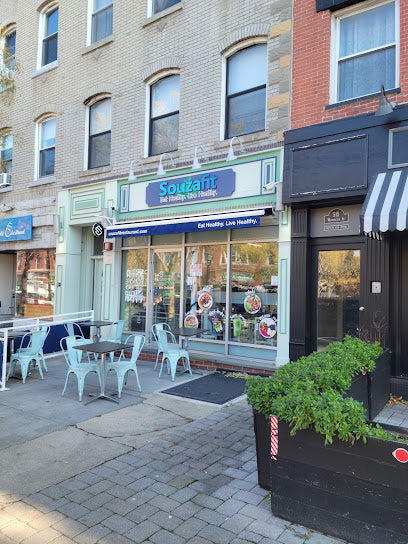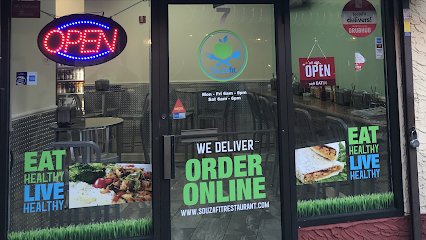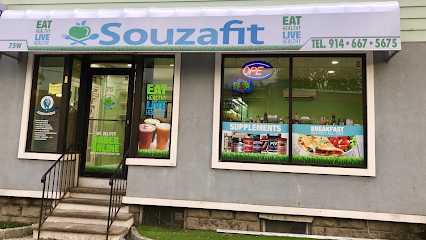Meal prepping is a fantastic way to save time, stay healthy, and reduce food waste, but how long do meal preps last? Knowing how to properly store your meals and understanding their shelf life can make a significant difference in the taste, safety, and quality of your food. In this guide, you’ll learn how long meal preps typically last, storage tips to maximize freshness, and signs your meals may have expired.
Why Does Meal Prep Shelf Life Matter?
Understanding how long meal preps last is crucial for several reasons:
- Food Safety: Consuming spoiled food can lead to foodborne illnesses.
- Taste and Quality: Meals lose flavor and texture when they aren’t consumed within an ideal timeframe.
- Time Efficiency: Prepping too far in advance might lead to wasted efforts if meals go bad.
By planning correctly, you can ensure that every bite of your meal prep is both safe and enjoyable.
How Long Do Meal Preps Typically Last?
The shelf life of your meal prep depends on the ingredients, storage methods, and the type of meal. Here’s a general guideline:
In the Refrigerator:
- Cooked proteins (chicken, beef, fish): 3-4 days
- Cooked vegetables: 3-5 days
- Grains (rice, quinoa, pasta): Up to 5 days
- Mixed meals (stir-fries, casseroles, etc.): 3-4 days
- Fresh salads with dressing: 1-2 days (store dressing separately to extend freshness)
In the Freezer:
- Cooked proteins: 2-3 months
- Cooked vegetables: 2-3 months
- Grains: 3-6 months
- Mixed meals: 2-3 months
- Soups and stews: 4-6 months
Exceptions:
Some foods, like seafood or cream-based dishes, have shorter lifespans due to their perishable nature. Always double-check the recommended storage times for specific recipes.
Best Practices for Meal Prep Storage
1. Use Proper Containers
Invest in airtight, BPA-free containers. Glass containers are ideal for maintaining freshness and avoiding staining or odors. Portion-sized containers make it easy to grab-and-go.
2. Cool Meals Before Storing
Allow your cooked meals to cool to room temperature before sealing and storing them. This prevents condensation, which can lead to sogginess and bacterial growth.
3. Label Your Meals
Always label containers with the preparation date. This ensures you’ll know when each meal was made and can consume it before it expires.
4. Store Strategically
Place newer meals at the back of the fridge or freezer and older meals at the front. This rotation system helps prevent older meals from being forgotten.
5. Freeze for Longevity
If you don’t plan to eat a meal within 3-4 days, freezing is your best option. Divide meals into freezer-safe portions to make defrosting more efficient.
Signs Your Meal Prep Has Expired
It’s essential to recognize the signs of spoiled food to avoid health risks:
1. Off Odor
If your food smells sour, rancid, or otherwise unpleasant, it’s time to discard it.
2. Discoloration
Spoiled meals may develop unusual colors, such as grayish or greenish tints.
3. Slimy Texture
A sticky or slimy texture on proteins or vegetables is a common sign of spoilage.
4. Mold Growth
Any visible mold means the meal is no longer safe to eat.
5. Gas Build-Up
If sealed containers are puffed up or release gas upon opening, the food inside has likely gone bad.
Tips to Extend Meal Prep Shelf Life
1. Plan Recipes Wisely
Choose recipes with ingredients that store well, like root vegetables, grains, and proteins with longer refrigerator lifespans.
2. Store Ingredients Separately
Keep components like sauces, dressings, and toppings separate until you’re ready to eat. This prevents sogginess and extends the freshness of your meals.
3. Reheat Properly
Always reheat meals to an internal temperature of 165°F (74°C) to kill any potential bacteria.
4. Use Vacuum Sealing
Vacuum-sealing your meals removes excess air, reducing the risk of freezer burn and bacterial growth.
Sample Meal Prep Schedule
Here’s an example of how you can organize your meal prep:
Sunday:
- Cook a batch of grilled chicken, roasted sweet potatoes, and steamed broccoli.
- Prepare quinoa and portion into containers with shredded chicken and stir-fried vegetables.
- Make overnight oats for breakfast (store in the fridge for up to 3 days).
Midweek (Wednesday):
- Assess what’s left and freeze anything you won’t eat by Thursday.
- Prepare a new batch of meals if needed to carry you through the weekend.
Make Meal Prepping Work for You
Meal prepping doesn’t have to be overwhelming or wasteful. By understanding how long meals last, using proper storage techniques, and being mindful of food safety, you can enjoy delicious, fresh meals throughout the week. Stick to these tips, and you’ll master meal prep in no time!







